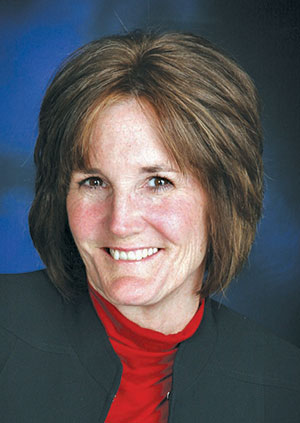New law complicates non-assigned claims in Nebraska, possibly elsewhere

By Liz Beaulieu, Editor
Updated 8:56 AM CDT, Wed September 11, 2024
 LINCOLN, Neb. – HME providers in Nebraska must change how they handle Medicare non-assigned claims, after Mutual of Omaha, a supplemental insurer, and the Nebraska Insurance Federation successfully lobbied the state legislature to limit how much they charge over the allowed amount.
LINCOLN, Neb. – HME providers in Nebraska must change how they handle Medicare non-assigned claims, after Mutual of Omaha, a supplemental insurer, and the Nebraska Insurance Federation successfully lobbied the state legislature to limit how much they charge over the allowed amount.
A new law that went into effect in July states that nonparticipating Medicare providers can’t “balance bill” a beneficiary in Nebraska for any DMEPOS unless the beneficiary (1) agrees in writing prior to such billing to pay the additional amount and (2) pays the full amount prior to receiving the DMEPOS.
“You can still collect upfront from the patient if providers follow those two rules,” said Rose Schafhauser, executive director of the Midwest Association for Medical Equipment Services. “At the same time, no one is going to pay out of pocket if they’re paying for these Cadillac supplemental insurances. Therefore, they may not be getting what they need. So, the real issue is patient access and where the (outrage for the new law) needs to come from is from the patients.”
The new law, which was reworked in part due to outreach from MAMES, is an improvement, Schafhauser pointed out, because a previous version would have limited what providers could bill beneficiaries and supplemental insurers to 15% over the allowed amount – no exceptions.
Still, the new law makes providers the bearer of bad news, says Brent White, general manager of Nebraska Scooter Mart in Lincoln, Neb. Between the time the new law went into effect in July and when he learned about it, White had provided equipment to 12 customers.
“Now I have to figure out a way to fix the problem,” he said. “They think they don’t have any out-of-pocket costs under their supplemental insurance, and I have to tell them they have to pay, or they can return the equipment and pick less expensive equipment. The state has put the financial burden on them. None of them are happy.”
Because the NIF was working with its national association on the law, neither Schafhauser nor White would be surprised if similar bills now pop up in other states. On a national basis, supplemental insurances paid $2.5 million in 2022 for excess charges for DME and $4 million in 2023, according to NIF.
“With this new bill, it could become a problem countrywide,” Schafhauser said.
Comments